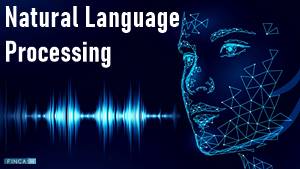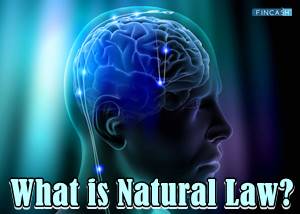
Table of Contents
What is Natural Language Processing (NLP)?
Artificial intelligence has grown a lot in the past few years. Now, it has the ability to read and comprehend human language. The process that enables machines to read and interpret the human language is known as natural language processing.

The main purpose of Natural language processing definition is to design automated software that has the ability to read and understand our language efficiently. This reduces the workload of the programmers as they no longer need to use the complex codes to interact with the software.
Understanding Natural Language Processing
Artificial intelligence has revolutionized how companies operate. Technology has brought a change that no one could have imagined in the past decades. Many companies have embraced these digital systems to make their management and overall operations efficient. People are often on the lookout for ways to interact with each other and brands.
Social media has brought changes in the way we communicate; cloud storage has made it possible for people to save and share a large volume of data easily, eCommerce has enabled people to shop from the comfort of their homes, and cryptocurrency has facilitated a fast and smooth transaction platform. The AI plays an integral part in all these developments. Machine learning and artificial intelligence have opened up a lot of great possibilities for brands and customers. Machine learning is used to develop chatbots that could interact with humans. This has become possible because of Natural Language Processing. As mentioned before, NLP is used to design machines that can understand human languages.
Talk to our investment specialist
How does it Work?
NLP reads and comprehends the language you input. Using the integrated statistical model, the machine converts the human language into computer language. Basically, the machine breaks down all the words into smaller units. These words are, then, compared with the previous speech. The process is commonly known as speech-to-text translation. Using the stored speech, the machine tries to figure out the words you have entered.
The second step is a POS (part-of-speech), in which the machine tries to translate these words considering the grammatical forms. For instance, the machine classifies the words as adjectives, nouns, verbs, and more based on a set of codes. Using these two processes, the machine gets an idea of the words the person has typed. The final step is “text-to-speech” translation. As the name suggests, the machine language is translated into the human-readable language. The computer displays this language in the textual or audible format.
For instance, if you ask a chatbot about the current trends in the share Market, it will research all the financial and stock market websites and select the information that suggests the current trends in this Industry when answering your question. Put simply, NLP helps make the machines smart. The main goal of this program is to make people believe they are interacting with a human rather than a bot. Alan Turing mentioned that a machine will be intelligent when it is able to answer your questions like a human.
All efforts have been made to ensure the information provided here is accurate. However, no guarantees are made regarding correctness of data. Please verify with scheme information document before making any investment.












